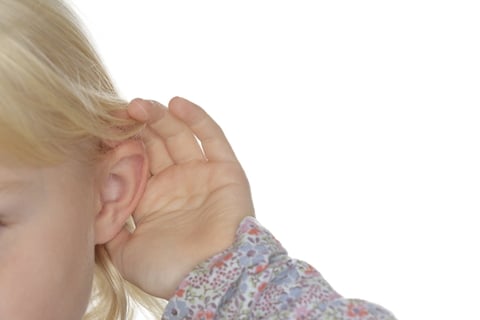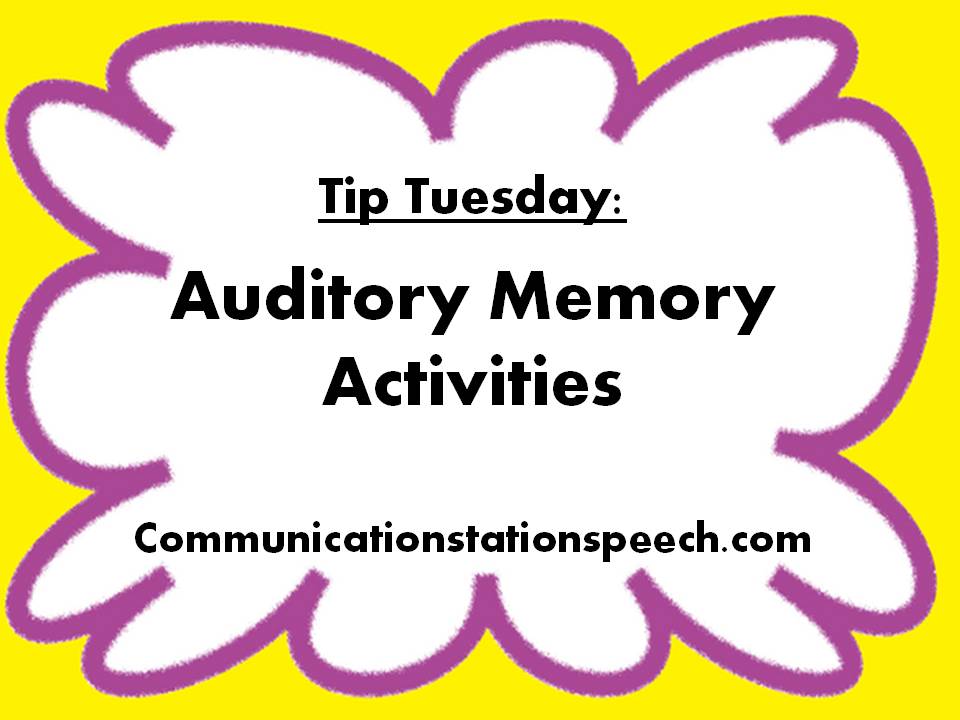

The child thinks that he knows what he has heard or read orally, when actually, he has processed and recalled very little of the material. These students may be able to answer a specific question about the information that has been presented to them orally or that they have read, but are not able to grasp the whole paragraph. While some children can recall a lengthy sentence well, they may not be able to process and recall a short passage that is presented orally. As a result, the child loses a word or two from every phrase. The information no longer makes sense and becomes confusing, boring, and hard to pay attention to.Subconsciously he stops listening in order to process the information.The child may only be able to take-in and think about only three or four words at a time so they only hear three or four words.As a result, assignments are often completed incorrectly. Often the child thinks that he has understood directions for completing an assignment, when actually he has understood very little.Poor Comprehension of Orally Presented Directions: The following difficulties may arise because of poor auditory memory:
AUDITORY MEMORY HOW TO
Another great resource….Here is a helpful book all about auditory memory – it contains some lovely ideas on how to improve and practice auditory memory skills.



 0 kommentar(er)
0 kommentar(er)
